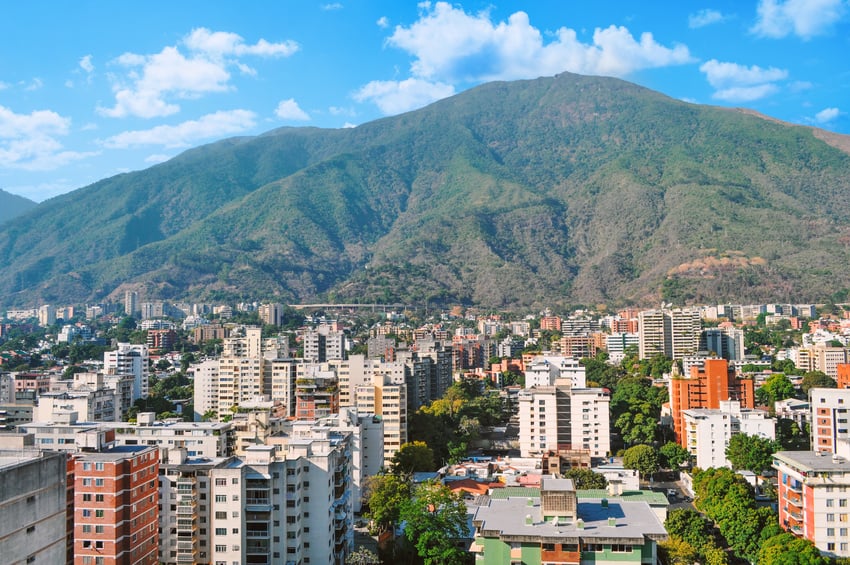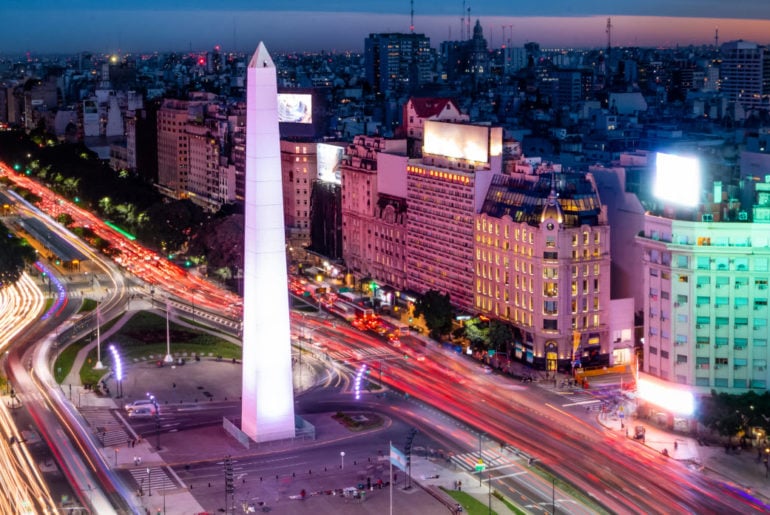To close the LGBT+ Pride month and our mini-series called “Breaking Down Prejudices”, we had the opportunity to talk with Robinson Colls, a Venezuelan who emigrated to Santiago de Chile. Robinson is a Telecommunications Engineer and is part of our global team in the position of Global Voice Engineer.
In this episode he told us a bit about his experience as a member of the LGBT+ community, about the existing prejudices against the community, the differences he has perceived in the work environment and his perception about the existing challenges for organizations to create a better work environment for the community. Podcast available in Spanish only.
The National Executive issued Decree No. 4,683 on 1 May 2022 (“Decree”), which establishes exemptions from the payment of value-added tax, customs duties and customs service tariff for imports of various goods and merchandise in certain economic sectors.
The Decree entered into force on 1 May 2022 and will apply the exemption benefits until 31 December 2022.
Continuing in “Breaking down prejudices” series, is a discussion with Juan David Castaño, a practicing attorney and associate in Baker McKenzie’s Bogotá office. As a passionate about diversity, equity and inclusion issues and a member of the LGBTI+ community, he talked to us about his experience, the approach that employers are giving to their companies on diversity and inclusion issues, and the harassment that members of this community often suffer.
On 2 May 2022, the National Assembly published the Partial Reform Law with the Rank, Value and Force of Law Against Corruption (“Reform”).
The Reform introduced, among others: (i) a broader definition of “Public Patrimony”; (ii) the obligation for electronic filing of the Sworn Statement of Net Worth through the creation of an automated system under the direction of the Office of the General Comptroller of the Republic; (iii) the annual update of the Affidavit; (iv) an increase in the sanctions by changing the Tax Unit for the official exchange rate of the currency of the highest value published by the Central Bank of Venezuela at the time of the payment; and (v) the unpaid suspension term for public officers.
In this third episode, we had the pleasure of talking with Carolina Pardo, a partner at Baker McKenzie in the Bogotá office. Carolina is a very successful woman in the legal field and we are confident that her experience, advice and comments will inspire everyone who listens to us. We had the opportunity to hear her point of view of success, the different biases that exist, gender equity in our firm and her personal experience. We hope you enjoy it.
The Compliance Podcast series, conducted by Jesús Dávila in Venezuela, aims to shed light on the implications of what anti-corruption policies represent for companies in Venezuela. In the second season we will be inviting as guests various personalities from different areas (legal, journalistic, marketing, among others) that will allow us to analyze and understand the culture of compliance, under different angles and perspectives.
Decree No. 4,630 of 14 January 20221 extends until 31 March 2022 the effect of all the exemptions of Decree No. 4,552 of 6 August 2021, which established exemptions from the payment of VAT, customs duties and customs service fees for certain categories of imported merchandise and economic sectors. We understand that the requirements to enjoy the benefits established in the Decree remain unchanged.
The Ministry of Health issued Resolution No. 137 of 2 December 2021 (“Resolution”) that establishes the guidelines for the labeling of foods for human consumption that contain (i) sugar, (ii) saturated fats and (iii) trans fats. The Resolution entered into force on 7 December 2021. The Resolution regulates the labeling of foods through the use of front labeling on the containers and is applicable to manufactured or packaged foods that are marketed in the country.
The National Executive issued Decree No. 4,622 of 9 December 2021,1 extends the validity of Decree No. 4,5252 on Optimization of Export Processes for six months (i.e., until June 2022). The purpose of the Decree is to optimize export processes by streamlining the certificates, permits and licenses required by public administration bodies and entities.
With major vaccine developments in Latin America, including kick-offs for vaccine campaigns, employers should consider whether a vaccination policy is right for their workplace, keeping in mind that such policies implicate a broad range of employment laws and regulations, and that many of these vary from country to country.


